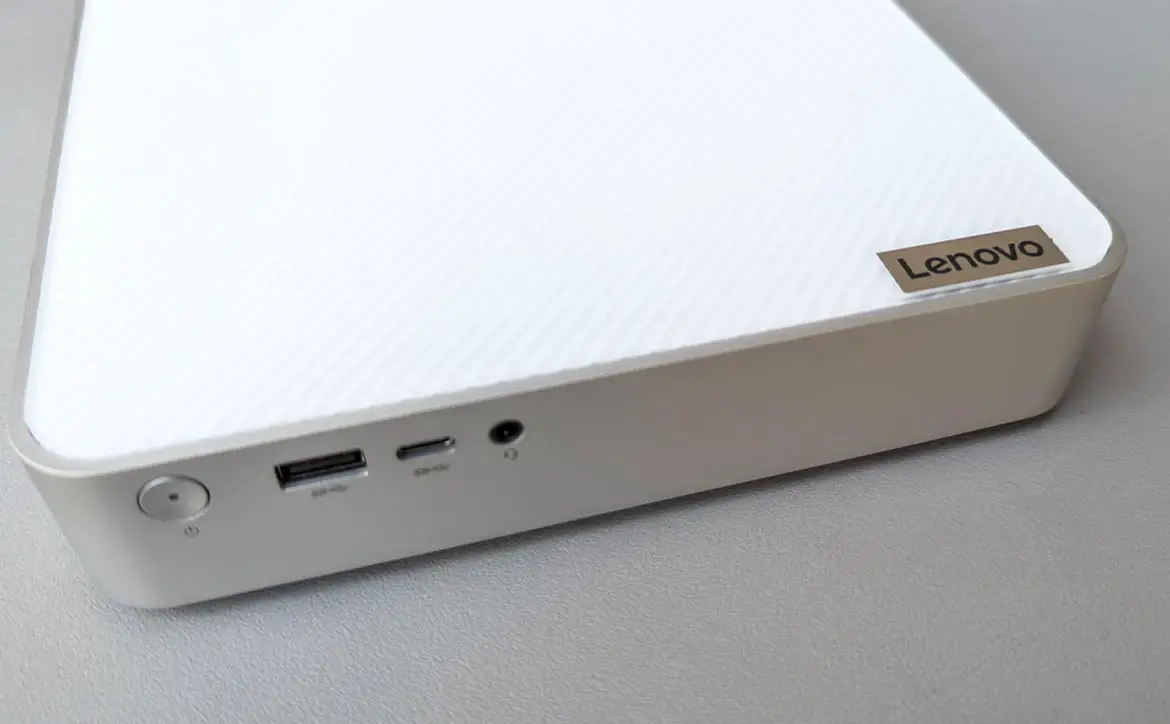The last few years haven’t been kind to small businesses, but the digital world has many helpful resources. Recent technological advancements have made life easier for small business owners and helped them keep pace with larger competitors.
Estimated reading time: 5 minutes
These top seven emerging technologies have streamlined management and given small business owners new hope.
1. Employee Monitoring Software
The widespread shift to remote work during COVID-19 appears to be permanent, as millions of people have embraced their hybrid schedules and don’t plan on returning. Many small businesses have most of their employees working from home, so they need to rethink their supervision strategies. That’s where employee monitoring software (EMS) comes in.
EMS is a one-stop centralized human resources system that enables owners to track many categories of worker activity. The software monitors activity rates, projects completed, communication between workers, and overall employee development. It has been pivotal in helping companies shape their online work cultures and keep hybrid staff members engaged.
The most advanced EMS can even cover mobile devices and identify inefficient work habits. These insights promote consistent productivity and constant improvement among hybrid employees. A concern about remote work was a lack of accountability, but EMS has solved this problem.
2. Collaboration Tools
One of the most significant challenges of growing a company is streamlining employee teamwork. Small businesses had limited resources for this task in the past, but today’s digital communication tools have changed the game. Phone calls and emails aren’t the only avenues for collaboration anymore.
Cloud-based software such as Google Drive and Microsoft Office 365 allow workers to chat and collaborate on projects from anywhere. It links each department together in one accessible location. People can schedule meetings and organize their calendars with ease. Remote and office staff are also better connected because both groups use the same platform.
3. Remote Onboarding
Employee onboarding has also undergone drastic changes due to the remote work boom. Getting hybrid workers up to speed is more complex than doing everything in person. They might feel isolated from the company and want to connect with the work culture. Remote onboarding technology has helped address this problem in two big ways.
The primary benefit of remote onboarding has been introducing new hires to the business’s chain of command. The company hierarchy can be unclear and confusing to remote workers, especially for entry-level positions. Today’s onboarding systems enable them to make fast and relevant connections with team members.
Remote onboarding also provides a constant support system for remote staff. It helps HR departments offer new challenges, milestones, and health and wellness resources to keep new workers engaged. Small business owners struggling with high employee turnover benefit most from an updated onboarding program.

4. Procurement Software
As inflation continues to rise, the budgets of small businesses become tighter and tighter. The latest procurement software can help owners save significant amounts of time and money. It helps find affordable supplies and streamlines the payment process, so inventories remain sufficiently stocked.
Procurement software also automatically identifies spending trends, allowing leaders to address wasteful purchasing habits. Improved communication with simplified purchase orders is another huge bonus. Given the ongoing supply chain issues, transparency between owners and their vendors is more critical than ever.
5. Customer Relationship Management
Building a loyal customer base is one of the hardest parts of growing a company. Customer relationship management (CRM) software makes this task simple. It provides a singular platform where companies can monitor and adjust each customer interaction. It shows who reads your emails, visits your websites, and makes regular purchases.
As a business develops its customer base, CRM software identifies the most valuable buyers and sends frequent reminders to stay connected with those buyers. It can even track changes in shopping habits so companies can adapt their sales and marketing strategies accordingly.
6. Workplace Automation
With labor shortages plaguing almost every industry, more businesses are turning to automation tools to pick up the slack. Workplace automation streamlines day-to-day operations in many ways, from price adjustments to inventory management. These tools utilize the popular cloud-based technology just like other software discussed on this list.
Many might have seen some retail stores using robots to clean floors, stack shelves, and do other monotonous tasks. These jobs will only become more complex with the ongoing development of artificial intelligence. Life gets easier for owners as workplace automation continues to advance.
7. Cybersecurity Solutions
These new technologies might be extremely helpful and make companies more vulnerable to cyber-attacks. A heightened focus on cybersecurity is necessary to keep their online operations safe. Conventional practices like multi-factor authentication and frequent password changes are more relevant than ever.
Businesses should also adopt advanced cybersecurity systems with tracking, blocking, and recovery capabilities. They can also set up multiple lines of defense with encrypted websites, virtual private networks, and antivirus software. All of these security measures help companies grow and prosper without facing debilitating setbacks from cybercriminals.
A New Way of Doing Business
Many old practices died during COVID-19. As local and national economies have recovered from their pandemic losses, a new way of operating has emerged. Today’s unprecedented technologies can help small business owners manage hybrid workforces, improve customer relations and cut costs across the board.
Are you a small business owner? What technology has made a difference for you? Please share your thoughts on any of the social media pages listed below. You can also comment on our MeWe page by joining the MeWe social network. Be sure to subscribe to our RUMBLE channel as well!










